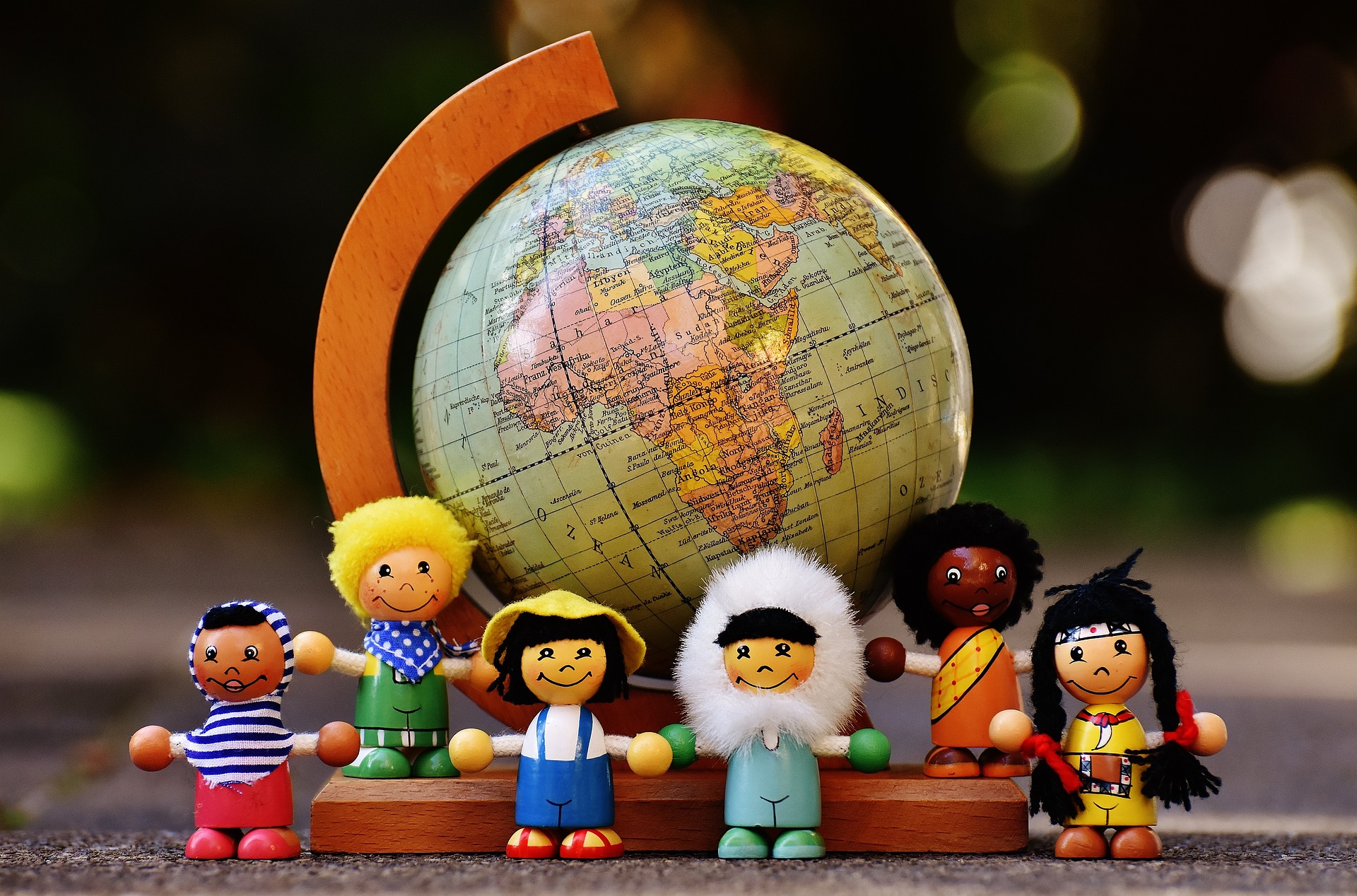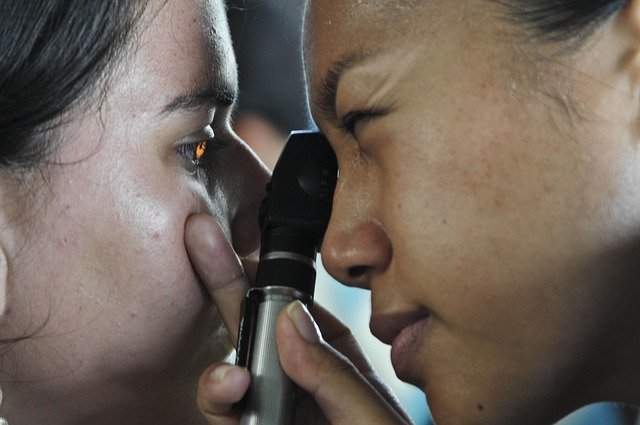Interfaith Dialogues in Society - The Impact on Social Cohesion
Interfaith dialogues are shaping our society in profound ways, fostering understanding and unity among diverse religious communities. Read below to discover how these conversations are influencing societal norms and promoting peace and harmony.
The Emergence of Interfaith Dialogues
In an increasingly globalized world, the need for understanding and tolerance among different religious groups has become paramount. Interfaith dialogues, discussions between individuals or groups of different religious faiths, have emerged as a powerful tool for promoting mutual respect and understanding. These dialogues provide a platform for individuals to share their beliefs and values, fostering a sense of unity and coexistence.
The Impact on Social Cohesion
Interfaith dialogues have a significant impact on social cohesion. By promoting understanding and respect among different religious groups, these dialogues help to reduce religious tensions and conflicts. They foster a sense of unity and shared values, which can strengthen social bonds and promote peace and harmony in society.
The Role in Education
Education plays a crucial role in shaping societal norms and values. Interfaith dialogues can be incorporated into educational curriculums to promote religious literacy and understanding. By exposing students to different religious beliefs and practices, these dialogues can help to dispel stereotypes and misconceptions, fostering a more inclusive and tolerant society.
The Influence on Policy Making
Interfaith dialogues can also influence policy making. By providing a platform for different religious groups to voice their concerns and perspectives, these dialogues can inform policy decisions related to religious freedom and diversity. They can help to ensure that policies are inclusive and respectful of all religious beliefs and practices.
The Future of Interfaith Dialogues
The future of interfaith dialogues looks promising. As society continues to become more diverse and interconnected, the need for understanding and tolerance among different religious groups will only increase. Interfaith dialogues will continue to play a crucial role in promoting peace and harmony in society.
Useful Tips and Facts:
- Interfaith dialogues can take many forms, including formal discussions, informal conversations, and community events.
- These dialogues can help to dispel stereotypes and misconceptions about different religious groups.
- Interfaith dialogues can promote religious literacy, helping individuals to understand and respect different religious beliefs and practices.
- These dialogues can also foster a sense of unity and shared values, promoting social cohesion and peace in society.
In conclusion, interfaith dialogues play a crucial role in promoting understanding and tolerance among different religious groups. They foster a sense of unity and shared values, strengthening social bonds and promoting peace and harmony in society. As our world continues to become more diverse and interconnected, the role of interfaith dialogues in society will only become more important.





